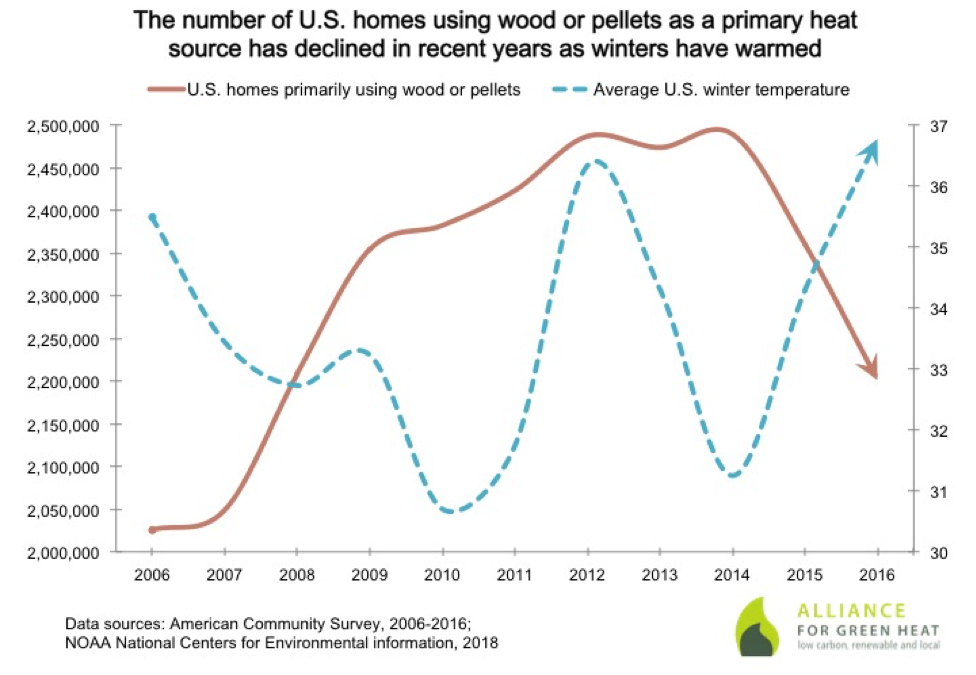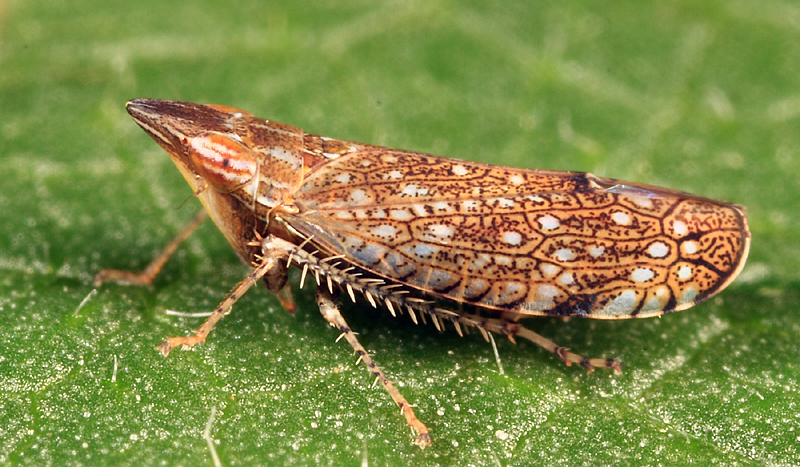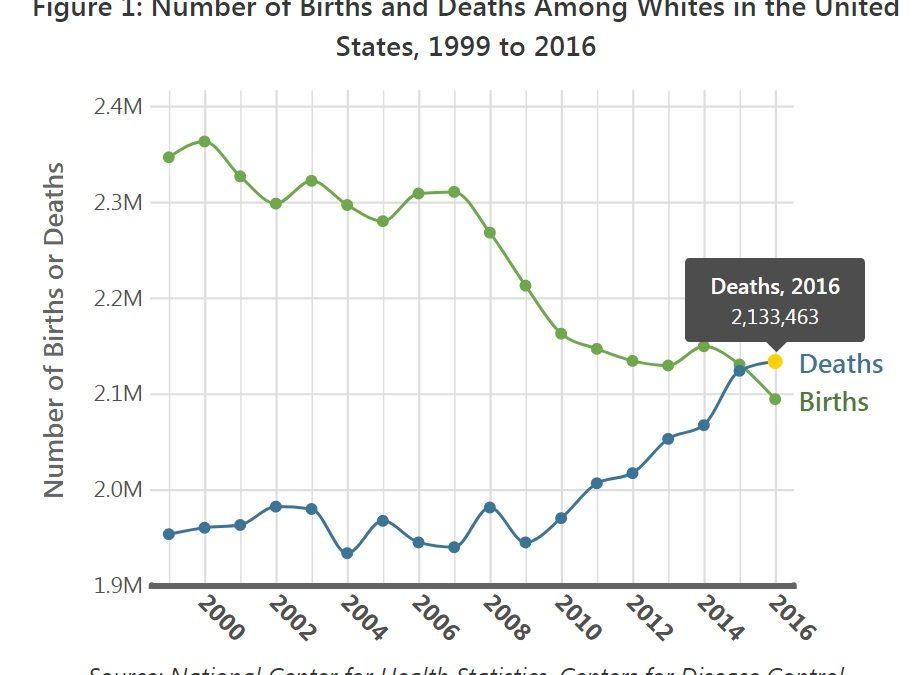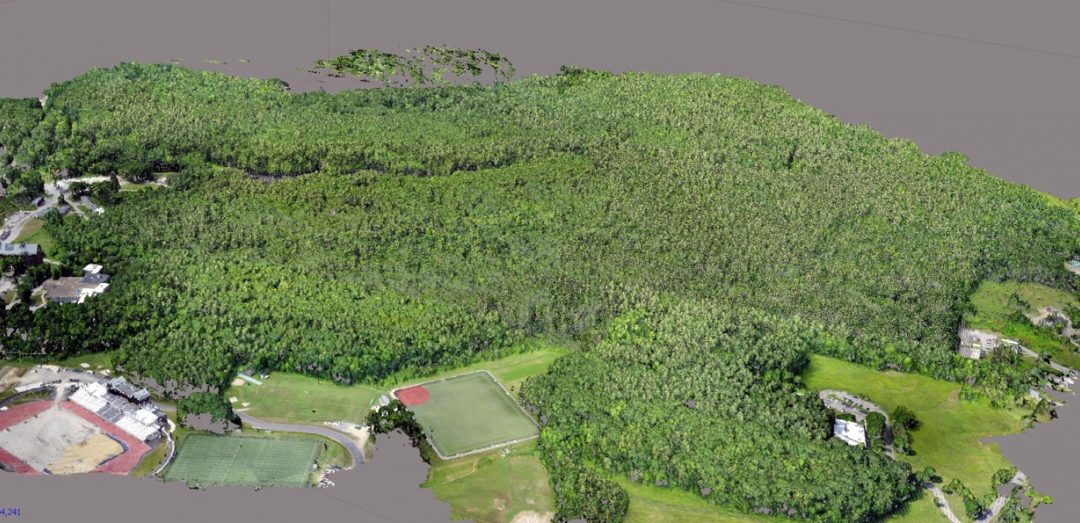Sci/tech tidbits in and around New Hampshire

Fewer homes are heating with wood or pellets – is it warmer winters or the rise in heat pumps?
I love my pellet stove, but like many homes we use it as secondary heat.
Turning trees into liquid fuel is proving a lot harder than we hoped
Making cellulosic biofuel is even more difficult than pronouncing it.

Welcome to The Leafhopper State!
There are 605 different species of these little guys in New Hamsphire!

More whites are dying than being born in 26 states
More non-Hispanic whites are dying than being born in New Hampshire and most of New England for several years now, but a new report finds that this trend has spread to 26 states throughout the country and is now the pattern for the country as a whole. “This is up from...
Reporting on sales tax is hard in New Hampshire: I’ve forgotten how it works
It’s hard to know what the result in New Hampshire will be of the Supreme Court decision allowing sales tax online.
The fight over an ‘added sugar’ label for syrup shows that informing consumers is quite complicated
Maple sap is boiled down to 4% of its original volume to concentrate natural sugars – is that functionally the same thing as artificially adding sugar?
Science Cafe in Concord will discuss medical marijuana – no Doritos jokes, please
As always, Science Cafe NH in Concord is free and open to all. It starts at 6 p.m. upstairs at The Draft Sports Bar, 67 S. Main St. Come early if you want a good seat. It might be hard to believe that it has been five whole years since New Hampshire approved...

A mid-sized black hole spotted via an astronomical photobomb
During a Tidal Disruption Event, some stellar debris is flung outward at high speeds, while the rest falls toward a black hole, where it heats up to millions of degrees and generates a distinct X-ray flare.
Report: Rising sea will flood $645 million worth of N.H. property
There’s seaside property, and then there’s property where the sea comes inside. The former is great – the latter, not so much.

UNH finds that drones can analyze forests, but don’t fly too low
It is impractical to process imagery captured by flying lower than 100 meters above the ground.

 Return to the Concord Monitor
Return to the Concord Monitor